Teaching soapmaking classes can provide an additional revenue stream to add to your regular business operations. Perhaps you’re a soaper and you have an Etsy shop, your own website or a brick-and-mortar storefront where you sell your soap to earn an income. You might be doing okay, but you could use a bit of additional income to purchase supplies, cover rent or just give yourself some breathing room.
The handcrafted marketplace is booming, which lends to a vast increase in curiosity and demand from people who want to learn the limitless varieties of crafts. There is a movement towards doing things with our own hands. People are starting to sew again, to knit, to make their own natural body care products. People are even crafting their own liqueurs and brewing their own beer. The craft market is growing everyday, therefore the demand for classes is growing right along with it. Simply teaching one or two class a month can provide from $50 to $1000+ in income, depending on the prices you charge.
This is what happened to me. 🙂 I quit selling soap as soon as I saw the potential of teaching classes.
I wrote a book on how I built my teaching career teaching soapmaking classes. You can get the eBook here. In it I tell you step-by-step how to build your teaching empire giving you real examples of class outlines, descriptions, bios, policies and more!
Here are 8 tips for teaching soapmaking classes!
Offer Hands-On Classes
Old Chinese proverb:
“Tell me and I will forget.
Show me and I will remember.
Involve me and I will understand.
Step back and I will act.”
There are three types of formats you can choose between to deliver your class content – lecture, demo or hands-on formats. Most crafters and makers want hands-on classes where they can get their hands dirty! Can you imagine taking a soapmaking class and only being able to watch?
Not only does a hands-on class create confidence in the process that you are teaching, as nothing makes a student learn better than doing, it adds value and puts you above those that are doing lecture or demo style classes only.
Start Small
When I first started teaching, I limited my soapmaking classes to an enrollment of only 4 students. Since I was dead-set on offering hands-on classes, I wanted to make sure that the procedure and process that I used in class was easily and accurately understood by the students, and that I could easily supervise during the class. 4 students, piece of cake…10 students, chaos when first starting out! I can now easily monitor a hands-on class of a maximum number of 16 students (with a teacher’s assistant). Students share scales (to team monitor measuring) and I only ever have two stick-blenders running at one time.
Stay Current
Keep your knowledge fresh and current. You can do this by reading new books, craft blogs, watching new technique videos on the Internet and attending conferences and seminars for soapmaking. If you ever stop learning or honing your skills as a crafter, you will find that your classes can become irrelevant and outdated. Keep learning your craft! In doing so, your classes will always be relevant.
Keep It Real
As an instructor, don’t be afraid to fail or afraid to own up to mistakes or lack of knowledge. Nobody is perfect and nobody knows absolutely every answer to every question. Don’t act like you do. Your students will sniff out your fakeness from a mile away. Be genuine and be honest.
For example, if a student asks a question in class that you cannot answer, answer honestly that you simply don’t know. They will appreciate this and you will continually learn more about your craft. I have students that ask me questions about where ingredients come from or how they are made. I don’t have the answer for every ingredient, as ingredients in soapmaking are expansive. I mention that I have no idea, but am excited to go home and look it up as I hope they do. If we have Internet and a few extra minutes, we can even look it up together in class.
Another example, if you are demonstrating a technique and it fails, don’t sweat it. I’ve made soap before in advanced classes where the swirl didn’t turn out perfectly or the cupcake topping wasn’t piped quite right. It is the technique they are learning, not the final outcome. Sure it is not ideal, but everyone messes up every now and then. Make sure your instructions for the technique are solid and thorough. That’s what counts.
Write It Out
Put a pen to paper and write out your perfect class scenario. From the time a student walks into the class to when they leave, what does it look like? You can take this write-up and break it down into a timeline and topics. I show you how in my book!
Insurance
At minimum, you should have general liability and professional liability insurance. My current insurance provider is K & K Insurance. They offer an Instructor of the Arts program for those teaching craft or art classes; which include both general liability and professional liability. Soap Guild and Indie Business insurance both offer professional liability insurance as an ad-on.
Professional liability is important. If you teach a class and a student goes home and uses your instructions to make soap and injures herself, they could sue you. Likely? No. But be covered and ready for anything.
Be Clear About Policies and Rules
You should have written out policies for your classes. This should include a payment policy, refund/cancellation policy and classroom policy. Let your students know your expectations before they sign up by having these policies clearly displayed on your website or during the registration process.
Teacher’s Assistant
Having a teacher’s assistant is invaluable. Their duties can include cleaning up (washing dishes), passing out handouts and supplies, assisting the students and even acting as a co-teacher if you can find the right person. Assistants can allow you to book bigger classes. Assistants should have the basic knowledge of what will occur in class so they can best help.
Do you have any questions about teaching soapmaking classes? Post in the comments!
Happy Teaching!
Amanda Gail

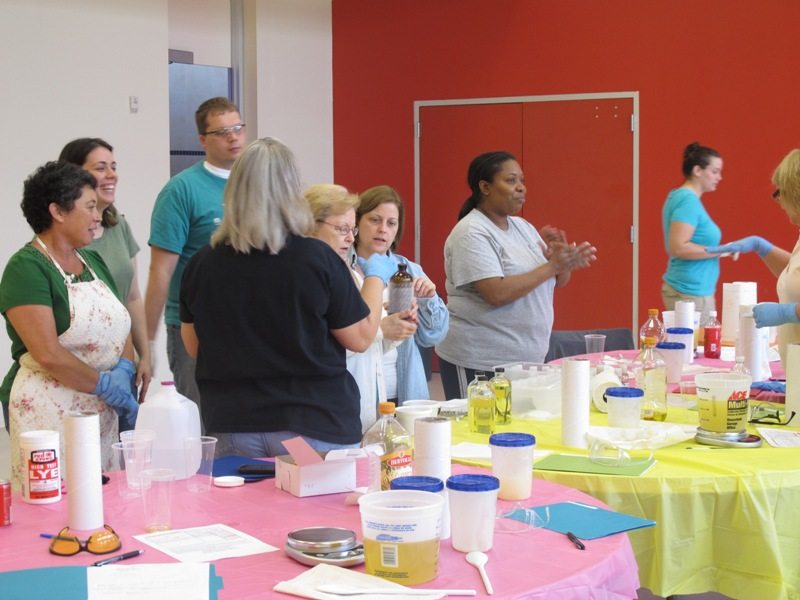
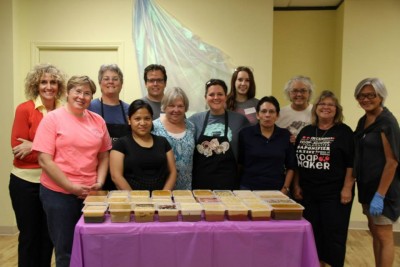
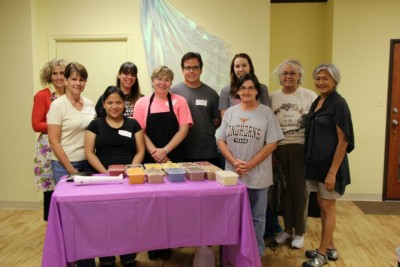
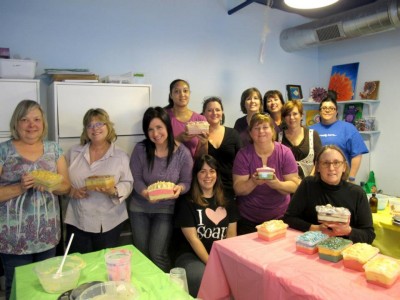
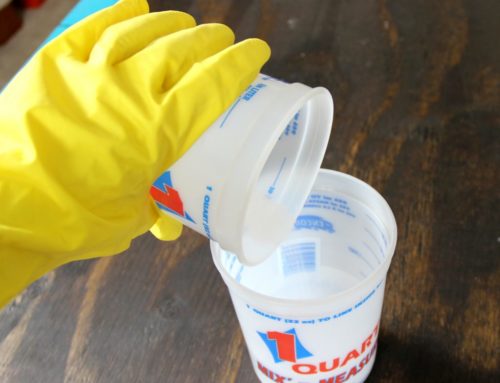

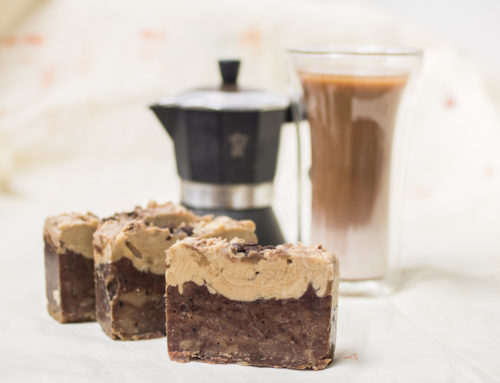
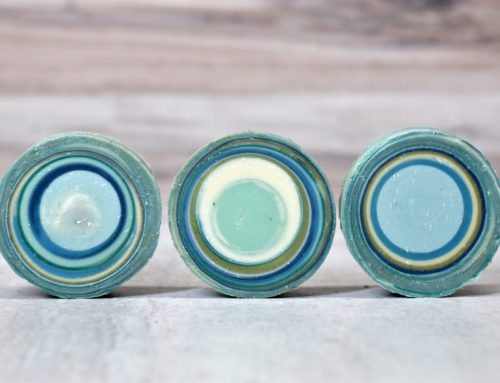

Hello is this policy different from the soap guild. and INDIE or the same just with the added proffesional liability incorperated in? im confused. This is just for teaching and not selling am i correct
Where can I learn to make soap? Any in Southern California.
Soapmakingstudio.com in Lemon Grove (San Diego County) offers a great class
Thank you so much for this informative post! I have a couple of questions:
1) Where do you teach your classes? In your own home, or at a rented venue?
2) How much are your overheads?
3) How much do you charge per person per class?
Hi Liz! I answer all of these questions in my eBook, How to Teach Your Craft.
https://lovinsoap.com/shop/how-to-teach-your-craft-creating-revenue-by-teaching-classes-and-workshops-ebook/
Thank you for the good information. I want to go into soap teaching how can I get your e book and how much
I would really like to find a class in making my own soaps with the lye water. Right now I make melt and pour soaps and bath bombs and candles. Is there anywhere in central Tx where I can learn the process?
Yes! Check out wanderingthistlestudio.com. They are in Bedford, TX.
Thank, but that website says unavailable
Combining a passion for soap making into a business venture can be so rewarding! Teaching soap is fun! =)
What a fair amount to charge per person for a class?
you have been and will always be a source of inspiration to many. keep up